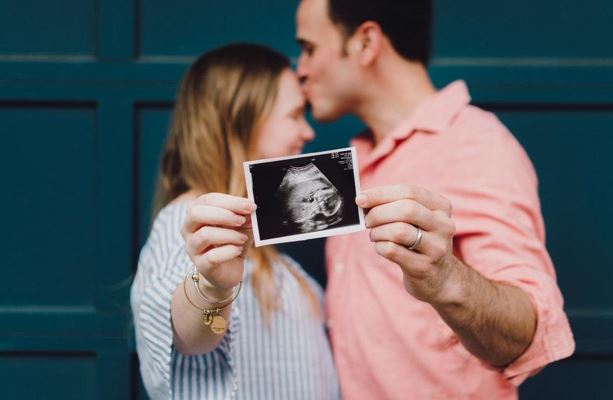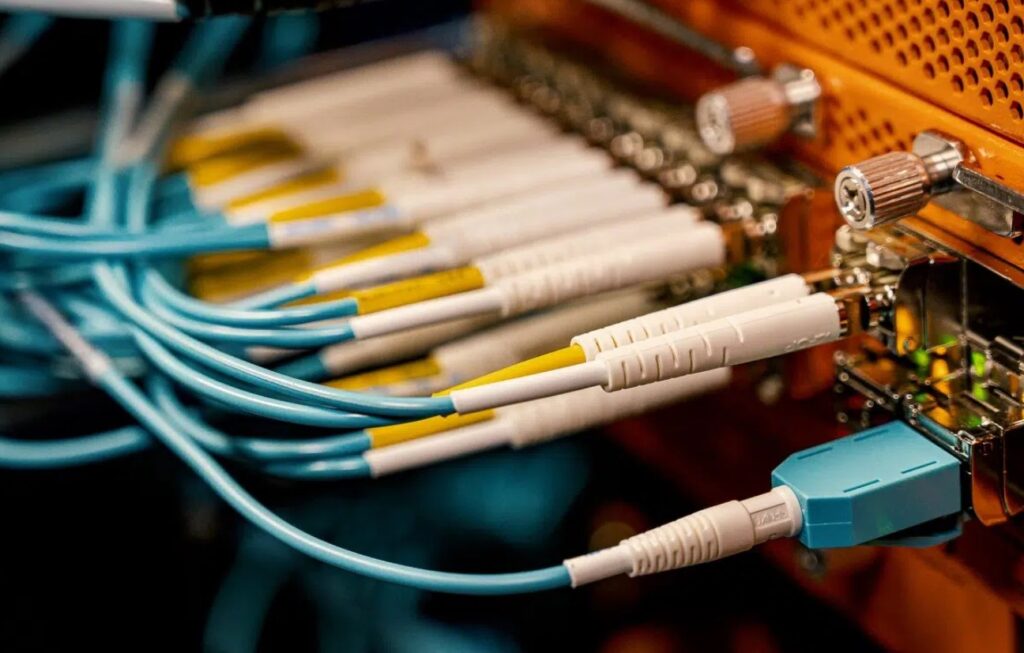HVAC systems are essential for keeping us comfortable in our homes and offices, but if we don’t take care of them, they can quickly break down and even cause serious damage. HVAC failure can be caused by a variety of factors, from poor maintenance to age-related wear-and-tear.
If you want to keep your HVAC system running smoothly and efficiently, it’s important to know the top causes of its failure so that you can avoid them. In this blog post, we will explore the five most common causes of HVAC system failure and how you can prevent each one.
5 reasons that commonly cause an HVAC system failure
1. Dirty Filters:
One of the most common causes of HVAC system failure is dirty filters. When the filters in your system become clogged with dirt and dust, they can restrict airflow and cause the system to work harder than it needs to. This can lead to premature wear and tear on the system, as well as reduced efficiency and increased energy costs.
To avoid this, be sure to check and clean your filters on a regular basis. Another issue that can arise from dirty filters is poor indoor air quality. Dirty filters can trap contaminants, such as pet dander, pollen, and dust mites in the air and cause health problems for the occupants of the home. It is important to replace any dirty filters with clean ones regularly to help maintain good indoor air quality.
2. Faulty Temperature Sensor:
If your HVAC system is failing, a faulty temperature sensor could be to blame. Temperature sensors are responsible for detecting and regulating the temperature inside your home, and if they aren’t working properly, your HVAC system can’t either.
Faulty temperature sensors can cause your HVAC system to run too often, resulting in increased energy bills and shortened lifespan of the system. If you suspect that your HVAC system’s temperature sensor is to blame for its failure, contact a professional for diagnosis and repair. Signs of a Faulty Temperature Sensor:
- Uneven temperatures in different rooms
- Unusual noises coming from the HVAC system
- Intermittent on/off cycles
- Short cycling of the system
- High energy bills
3. Improperly balanced dampers:
If your HVAC system’s dampers are not properly balanced, it can cause a number of problems. For one, your system will have to work harder to maintain the desired temperature, which can lead to higher energy bills. Additionally, unevenly distributed air can create hot and cold spots throughout your home, making it uncomfortable to live in.
If you suspect that your dampers are not balanced, it’s best to call a professional HVAC repair and maintenance services for help. They can help diagnose the issue and make any necessary adjustments to ensure that your system is running optimally. Proper maintenance of dampers can ensure longevity when it comes to the functioning and well-being of the HVAC system. It will also contribute to bringing down the electricity and maintenance costs.
4. Leaking Refrigerant:
There are many potential causes of an HVAC system failure, but one of the most common is leaking refrigerant. When a system leaks, it can lose its ability to properly cool or heat a space, which can be extremely disruptive and uncomfortable. In some cases, a leak can also cause damage to the system itself, which can be costly to repair.
If you suspect that your HVAC system may be leaking refrigerant, it’s important to have it checked out by a professional as soon as possible. A leak can often be fixed relatively easily, but if left unchecked it could cause major problems down the line. There are high chances of liquids such as oil or refrigerant entering the compressor after being forced through the suction line. The compressor not being a pump will be unable to get rid of these liquids. This could cause a series of damages to the compressor, including broken valves, rods, or head gaskets.
5. Lack of maintenance:
One of the leading causes of HVAC system failure is a lack of maintenance. Without regular tune-ups and cleanings, your system will slowly start to break down and will eventually stop working altogether. Many people think that they can save money by skipping these routine maintenance tasks, but in reality, it will end up costing them more in the long run. Not only will you have to pay for repairs or replacements, but you’ll also lose money due to decreased efficiency and higher utility bills.
Another common cause of HVAC system failure is age. As the components in your unit get older, they become more prone to breakdowns and malfunctions. This is especially true if they haven’t been properly maintained over the years. Eventually, you may have to replace your entire system if it’s too old or inefficient. There are many ways like conducting periodical checkups, maintaining proper environmental hygiene, avoiding clogging of the valves and air vents etc., to avoid this problem.
Conclusion
HVAC systems provide us with comfort and air quality in our homes, but they can fail due to a variety of reasons. We have discussed the five top causes of HVAC system failure: lack of proper maintenance, dirt accumulation on components, poor installation, overuse, and aging parts. Knowing what can cause an HVAC system to fail is important for keeping your home comfortable and energy-efficient. Regularly scheduled maintenance visits from a professional technician to ensure that your system is running smoothly and efficiently all year round.
Check Also: 15 Tips for Home AC Repair
FAQ
What is HVAC failure?
HVAC system failure can be caused by a number of factors, including wear and tear, improper maintenance, and faulty installation. While most failures can be repaired, some may require the replacement of the entire system. The most common causes of HVAC system failure are listed below.
What is a common electrical problem in HVAC?
A common electrical problem in HVAC systems is voltage imbalance. This can happen when there is a loss of power to the system, or when the system is overloaded. Voltage imbalance can cause the system to overheat, which can lead to failure.



